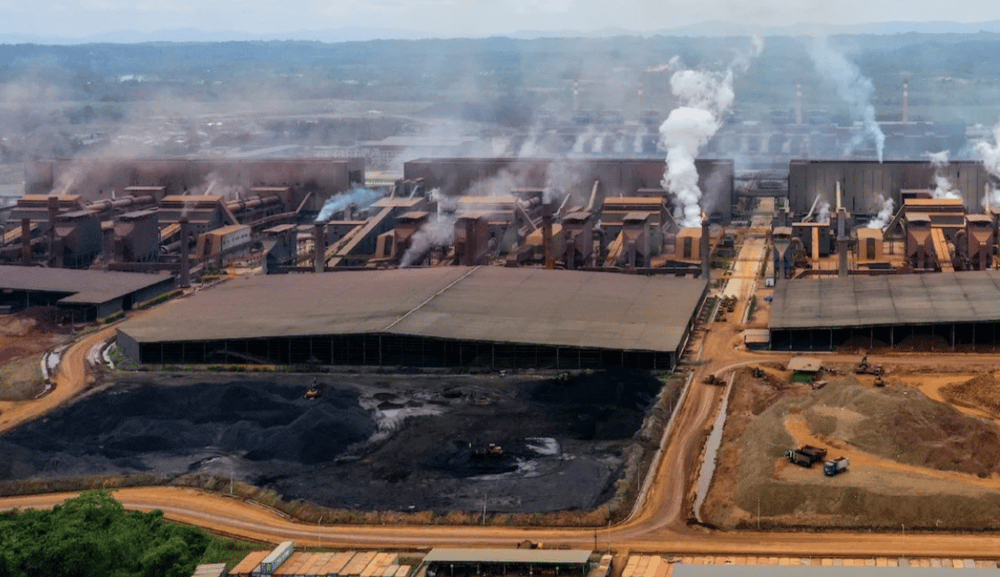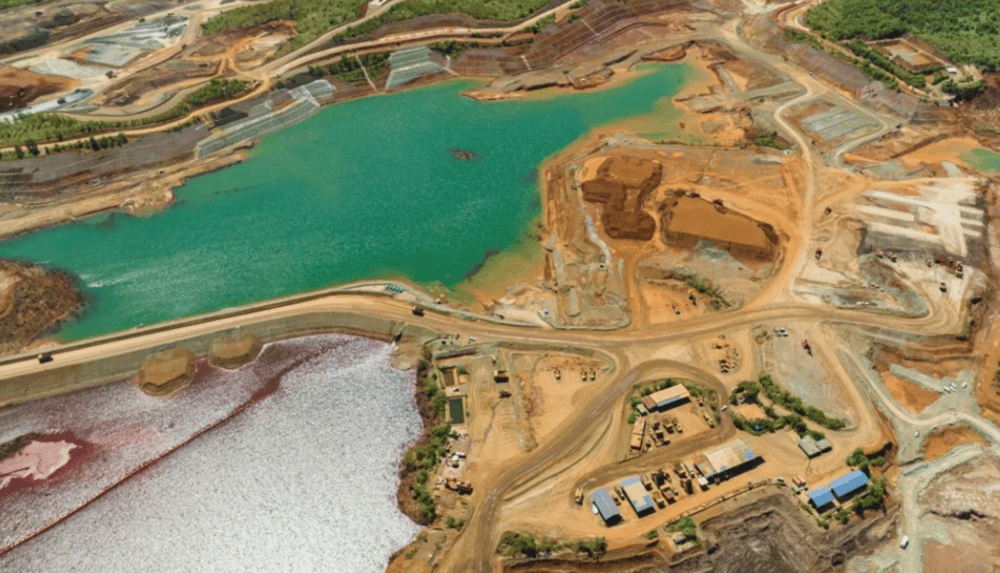Nickel Mining Halt in Indonesia’s Raja Ampat Sparks Global Market Concerns
The Indonesian government announced on Tuesday the immediate suspension of four nickel mining operations in Raja Ampat, a biodiverse archipelago in the province of Southwest Papua. The decision follows mounting environmental concerns and growing scrutiny over the ecological impact of extractive industries in UNESCO-designated marine conservation zones.
Raja Ampat, which spans nearly 20,000 square kilometers, is home to 75% of the world’s coral species and over 1,600 fish species, making it one of the planet’s most vital marine ecosystems. The suspension underscores a widening tension between Indonesia’s ambition to dominate the global nickel supply chain—key to electric vehicle (EV) batteries—and its commitment to environmental stewardship and sustainable tourism.
Strategic Implications: Supply Chain Risks and Environmental Trade-Offs
Indonesia is the world’s largest producer of nickel, a critical raw material for lithium-ion battery production, which powers electric vehicles and renewable energy storage systems. The suspension of mining activity in Raja Ampat has triggered uncertainty in global nickel markets, with investors closely watching potential supply disruptions.
Indonesia’s Ministry of Maritime Affairs and Fisheries stated that the operations violated environmental regulations within UNESCO Global Geopark zones. Mining licenses may be reviewed or revoked entirely depending on ongoing investigations.
The government’s action also signals a recalibration of policy priorities—balancing economic growth through mining and preservation of ecologically sensitive zones, especially those crucial for marine tourism revenue.

🔹 Quick Facts:
🇮🇩 Indonesia: World's largest nickel producer
🛑 Suspended Operations: Four nickel mining projects halted in Raja Ampat
🌊 UNESCO Site: Region hosts 75% of global coral species and 1,600+ fish species
🔋 Nickel Demand: Driven by EV battery and renewable energy sectors
📉 Market Impact: Potential short-term tightening in global nickel supply
Market Reactions and Strategic Commentary
Global nickel prices reacted with moderate volatility following the news, as traders weighed the potential impact on near-term supply. Futures contracts on the London Metal Exchange (LME) showed an initial uptick before stabilizing, reflecting uncertainty over whether the suspension would extend to other regions or affect long-term export volumes.
EV manufacturers and battery producers, particularly in China and the U.S., have heightened their attention to Indonesian regulatory risk, which could influence sourcing strategies and pricing models. The policy shift may also encourage investment in nickel recycling technologies and alternative battery chemistries.
Environmental groups and marine conservation organizations have welcomed the suspension, citing ongoing damage to coral reef systems and risks to biodiversity. Meanwhile, the tourism sector, particularly eco-tourism operators, praised the move as essential for protecting the region's natural capital.

🔑 Key Points:
Indonesia halts four nickel mines in Raja Ampat due to environmental violations.
The region is part of a UNESCO-designated Global Geopark with unique biodiversity.
Nickel is a strategic mineral for the global clean energy transition.
Global markets are assessing the impact on nickel supply chains and EV costs.
The policy shift highlights rising global tension between mining and sustainability.
A Global Crossroads for Strategic Minerals and Ecological Protection
The Indonesian government's decision to suspend nickel mining operations in Raja Ampat is more than a domestic regulatory matter—it reflects a global debate over resource extraction in ecologically sensitive regions. As the world accelerates toward electrification and net-zero targets, strategic minerals like nickel are under growing pressure from both market forces and environmental concerns.
Whether this signals a permanent shift toward more sustainable mining governance in Indonesia remains to be seen. However, it reinforces the complex dynamics at play between commodity security, climate policy, and biodiversity conservation, all of which are now tightly interlinked.















Comments
Emerging technologies are gaining momentum through bold and forward-looking investments